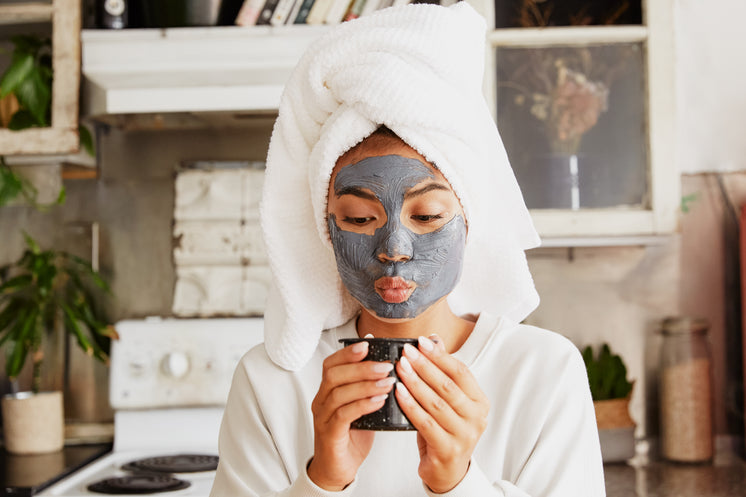The rise of the internet has transformed numerous points of healthcare, together with the treatment of consuming disorders (ED). This observational analysis article aims to discover the efficacy, accessibility, and user experiences associated with on-line treatment choices for people affected by eating disorders, such as anorexia nervosa, bulimia nervosa, and binge consuming disorder. As conventional in-person therapy might not all the time be possible or accessible for all patients, on-line treatment has emerged as a viable different.
Background
Eating disorders are advanced mental health conditions characterized by unhealthy eating habits, preoccupation with meals and physique picture, and infrequently severe emotional and bodily consequences. In accordance with the National Consuming Disorders Association (NEDA), hundreds of thousands of people in the United States alone are affected by these disorders, with many not receiving the treatment they want. The stigma surrounding psychological health, combined with the logistical challenges of accessing care, usually prevents people from seeking assist.

Online treatment options, including therapy by way of telehealth platforms, help groups, and self-help assets, have gained traction lately. This study observes numerous online treatment modalities and their impact on people with consuming disorders.
Methodology
This observational research was performed by a combination of qualitative and quantitative analysis methods. Information was collected from on-line boards, social media teams, and telehealth platforms where individuals shared their experiences with online ED treatment. Surveys have been distributed to participants to collect info on their erectile dysfunction treatment preferences, satisfaction levels, and perceived effectiveness of on-line interventions.
Participants included individuals diagnosed with varied eating disorders, ranging in age from adolescents to adults. The research aimed to seize a various vary of experiences, focusing on each the constructive and detrimental facets of on-line treatment.
Findings
Accessibility and Comfort
One of many most significant benefits of online treatment noted by participants was accessibility. Many individuals reported that online therapy allowed them to access care from the comfort of their houses, eliminating the need for journey and lowering anxiety associated with in-particular person appointments. This convenience was notably useful for those living in rural areas or these with mobility issues.
Individuals additionally highlighted the flexibility of scheduling on-line classes, which allowed them to fit therapy into their busy lives. This flexibility was especially vital for people balancing work, faculty, and different commitments.
Anonymity and Lowered Stigma
The anonymity offered by on-line treatment platforms was one other key discovering. Many members expressed that they felt extra comfy discussing their struggles with consuming disorders in a web based setting, where they could stay anonymous. This sense of privateness helped cut back the stigma associated with in search of help, making it simpler for people to open up about their experiences.
Assist groups and forums facilitated by educated professionals allowed contributors to share their tales and join with others facing comparable challenges. This sense of neighborhood was invaluable for a lot of, offering emotional help and encouragement throughout their recovery journey.
Different Experiences with Teletherapy
While many participants reported positive experiences with teletherapy, others expressed issues relating to the effectiveness of on-line treatment in comparison with conventional face-to-face therapy. Some people felt that the lack of in-person interplay hindered their capability to form a robust therapeutic alliance with their therapists. Non-verbal cues, which play a vital role in communication, had been typically missed in digital settings.
Moreover, technical issues comparable to poor internet connectivity and unfamiliarity with digital platforms posed challenges for some contributors. These barriers typically led to frustration and disengagement from the treatment course of.
Effectiveness of On-line Sources
The research additionally examined the effectiveness of various online assets, together with self-help apps, educational web sites, and virtual help groups. Many individuals found these sources helpful in supplementing their therapy. Apps designed for monitoring eating habits and temper provided people with tools to watch their progress and determine triggers.
Nevertheless, individuals cautioned that self-assist sources should not change skilled treatment however quite function complementary instruments. The significance of skilled steering in navigating the complexities of consuming disorders was a recurring theme in the feedback obtained.
Limitations
While this observational study gives priceless insights into online treatment for consuming disorders, it is important to acknowledge its limitations. The pattern size was comparatively small, and members have been self-selected, which can introduce bias. Additionally, the reliance on self-reported data can result in inaccuracies in understanding the true effectiveness of online treatment.
Conclusion
The findings of this observational study highlight the potential advantages and challenges of online treatment for consuming disorders. Accessibility, comfort, and anonymity are important advantages that can facilitate recovery for many people. If you liked this write-up and you would like to receive additional details concerning over the counter ed drugs kindly see the internet site. However, considerations regarding the effectiveness of teletherapy and the importance of professional guidance have to be addressed.
Because the panorama of mental health treatment continues to evolve, additional research is needed to explore the lengthy-time period outcomes of online interventions and to develop finest practices for integrating on-line and in-particular person care. In the end, a hybrid method that combines the strengths of each modalities could offer the most comprehensive support for people struggling with eating disorders.
In conclusion, online treatment for consuming disorders represents a promising avenue for rising entry to care and lowering stigma. As more people turn to digital platforms for assist, it's crucial for healthcare providers to adapt and innovate, ensuring that all patients obtain the quality care they deserve, no matter their circumstances.








